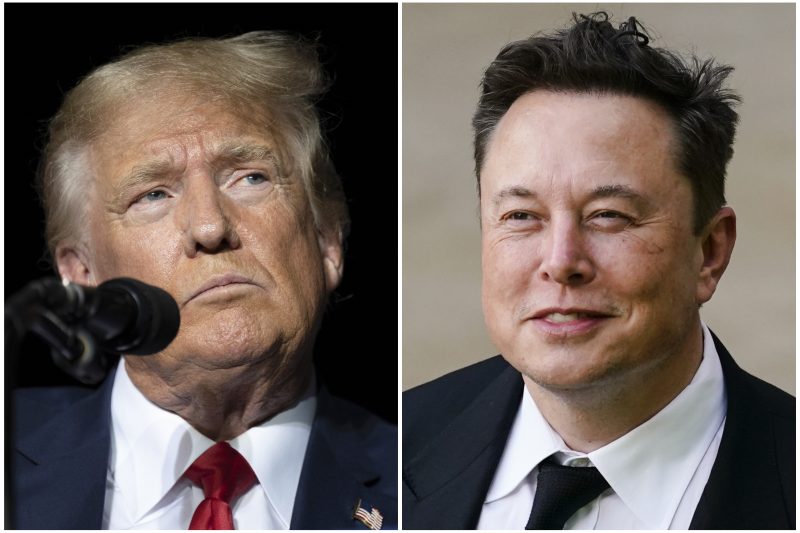In a recent development that has garnered significant attention, former US President Donald Trump reportedly approached Tesla CEO Elon Musk with an intriguing proposition – the potential acquisition of Truth Social, a social media platform launched by Trump as an alternative to mainstream sites. This unexpected interaction between two influential figures has raised eyebrows and sparked discussions about the intersection of politics, technology, and the media landscape.
The notion of Elon Musk, known for his ventures in the tech and space industries, potentially stepping into the realm of social media ownership is certainly a noteworthy scenario. Musk’s reputation as an innovator and disruptor in various fields has positioned him as a figure who could bring fresh perspectives and approaches to the social media landscape. With his track record of pushing boundaries and introducing unconventional solutions, the prospect of Musk taking over Truth Social underlines the evolving dynamics of digital communication platforms.
On the other hand, Donald Trump’s involvement in the creation of Truth Social and his outreach to Elon Musk for a potential acquisition reflect his ongoing efforts to counter what he perceives as biases and censorship within mainstream social media platforms. Trump’s stance on free speech and concerns about the alleged suppression of conservative voices on existing platforms have been central themes in his interactions with the media and public discourse. The introduction of Truth Social was positioned as a response to these perceived challenges, aiming to provide an alternative space for individuals with differing views.
The potential acquisition of Truth Social by Elon Musk introduces intriguing possibilities and implications for the platform’s future. Musk’s leadership could bring about technical innovation, user experience enhancements, and strategic partnerships that could reshape the platform’s identity and reach. Additionally, Musk’s involvement could signal a broader shift in the social media landscape, where established players face competition from new entrants backed by prominent figures from diverse industries.
Moreover, the intersection of politics, technology, and media in this scenario accentuates the complexities of modern communication channels. The intertwining of political motivations, technological advancements, and user engagement dynamics underscores the multifaceted nature of social media platforms and their role in shaping public discourse, activism, and information dissemination. The potential marriage of Truth Social with Elon Musk’s visionary approach adds another layer to the evolving narrative of digital communication platforms and their impact on society.
As discussions and speculations continue surrounding the possibility of Elon Musk acquiring Truth Social, one thing remains certain – the fusion of technology, politics, and media in this scenario highlights the ever-evolving landscape of digital communication platforms and the influential figures shaping their trajectories. The coming months may reveal the extent to which this unexpected convergence could redefine social media dynamics and restructure the ways in which individuals interact, share information, and engage with diverse viewpoints in the digital sphere.
